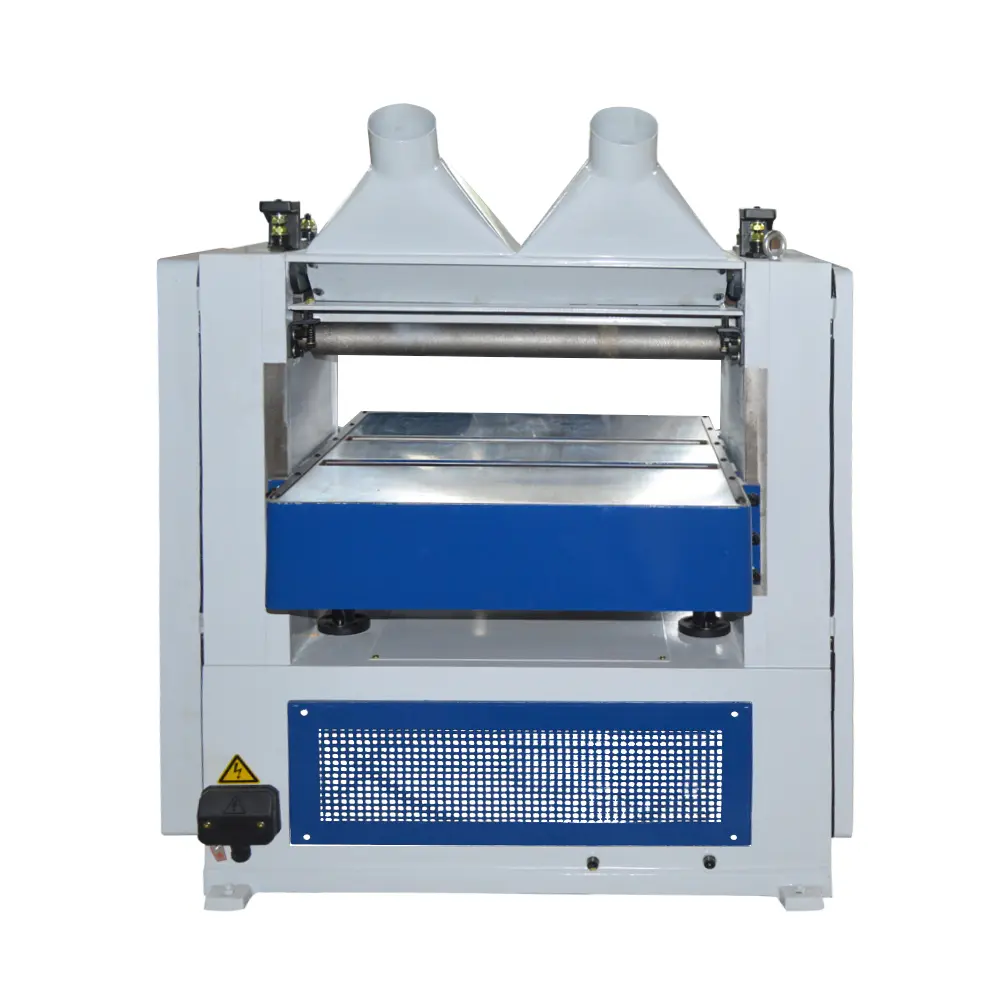Planner is a great tool for organizing and managing daily tasks, appointments and goals. Whether it’s a paper planner or a digital planner, having a planner can help individuals take control of their schedule and responsibilities. However, like any tool, planners have a lifespan, and knowing how long a planner typically lasts can help individuals make informed decisions about their planning needs.
The lifespan of a planner can vary depending on a variety of factors, including the quality of the planner, usage patterns, and personal preference. Let’s explore these factors in more detail to better understand how long a planner will last and how to maximize its lifespan.
Qualities of planners
The quality of a planner plays an important role in determining its longevity. High-quality planners are typically made from durable materials and quality binding to withstand daily use and last longer than lower-quality planners. When choosing a notepad, you must consider the materials used, such as the cover, paper, and binding to ensure that it can withstand regular wear and tear.
In addition, the quality of printing and design also affects the longevity of the planner. Well-printed pages and thoughtful layout contribute to the planner’s overall durability. Investing in a quality planner may cost more initially, but it will pay off in the long run by lasting longer and providing a better planning experience.
Use and care
How you use and maintain your planner can significantly affect its lifespan. Planners that are used frequently, carried frequently, or exposed to a variety of environmental conditions may experience more wear and tear than those that are used less frequently. Frequently turning pages, writing and erasing, and carrying your notepad in a bag or backpack can cause it to become damaged over time.
Proper care can help extend the life of your planner. This includes storing notepads in a protective sleeve or box, avoiding exposure to moisture or extreme temperatures, and handling them with care to prevent damage to the cover or pages. By taking these precautions, individuals can help ensure that their notepads stay in good condition for a longer period of time.
Personal preferences and planning habits
Personal preferences and planning habits also play a role in determining how long a planner lasts. Some people like to use one planner year-round, while others may switch to a new planner every few months. Additionally, the level of detail and amount of content an individual includes in their plan can also affect their longevity.
For those who want to have a planner that will last all year long, it is crucial to choose one that is durable and well-constructed. On the other hand, those who prefer to switch planners more frequently may prioritize other factors, such as the layout, design, or specific features offered by different planners.
Maximize the life of your planner
To maximize planner longevity, individuals can employ a variety of strategies. These include:
Choose a high-quality notepad: Investing in a well-made notepad with durable materials and secure binding will help ensure that it lasts longer.
Use the right writing instrument: Using a pen or marker that is appropriate for the type of paper in your notepad will prevent pages from bleeding, smudging, or tearing.
Store the notepad correctly: When the notepad is not in use, place the notepad in a protective sleeve or box to help prevent damage caused by external factors.
Avoid planner overload: While it’s important to use your planner to its full potential, too much content or bulky inserts can put a strain on binding and pages.
Regular maintenance: Regularly checking the notepad for signs of wear, such as loose pages or damaged binding, and dealing with it in a timely manner will help extend the life of the notepad.
Ultimately, planner longevity is affected by a variety of factors, and there’s no one-size-fits-all answer to how long planners typically last. However, by considering the planner’s quality, use and care, and personal preferences, individuals can make an informed decision to ensure that their planner will serve their planning needs for as long as possible.
All in all, a planner can be a valuable tool for staying organized and managing daily activities. Understanding the factors that affect the lifespan of a planner, such as its quality, purpose, and personal preferences, can help individuals make informed decisions when choosing and using a planner. By taking steps to maximize the lifespan of a planner, individuals can ensure that it continues to be an effective tool for planning and organizing for a longer period of time.
Post time: May-08-2024

